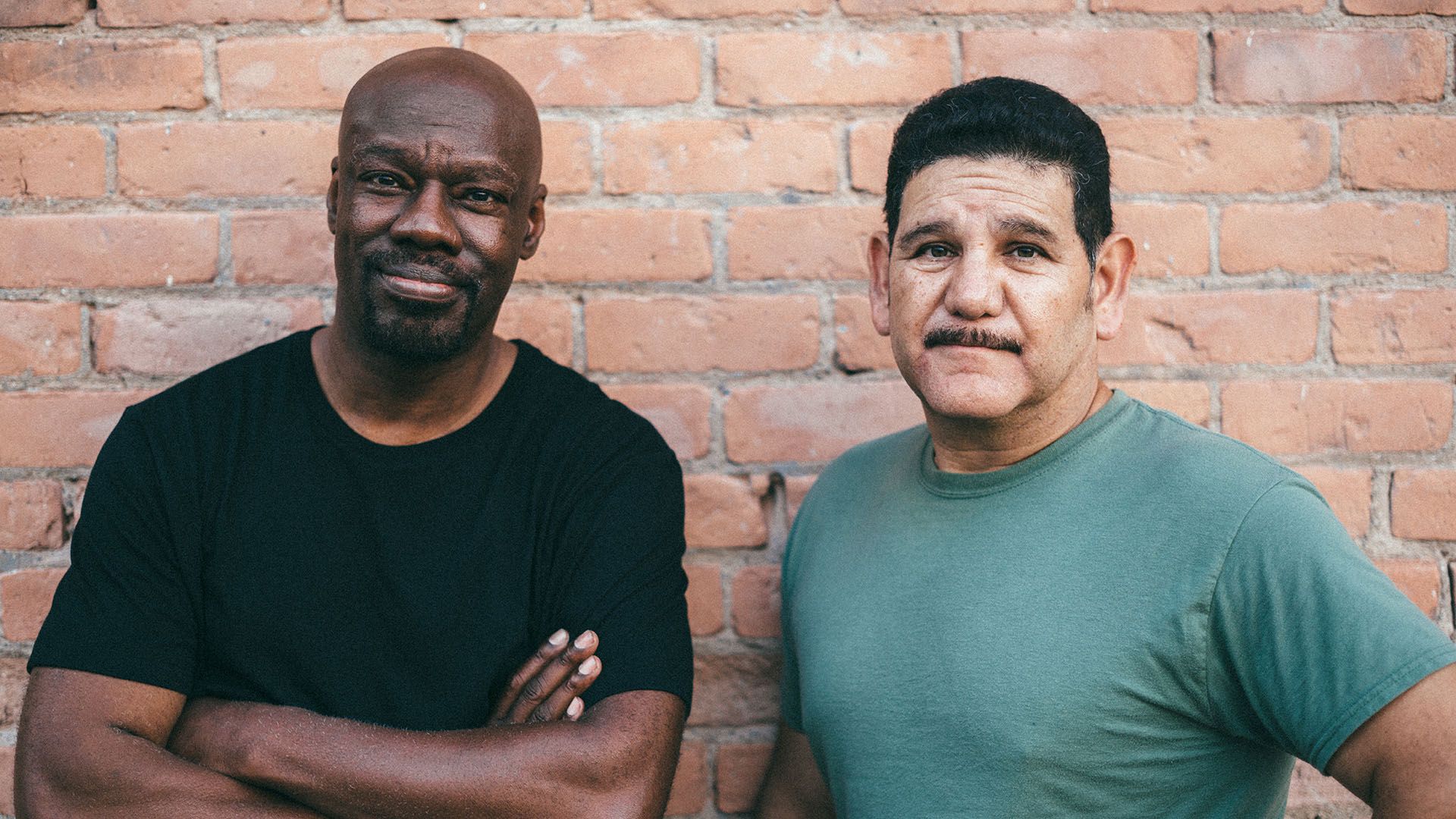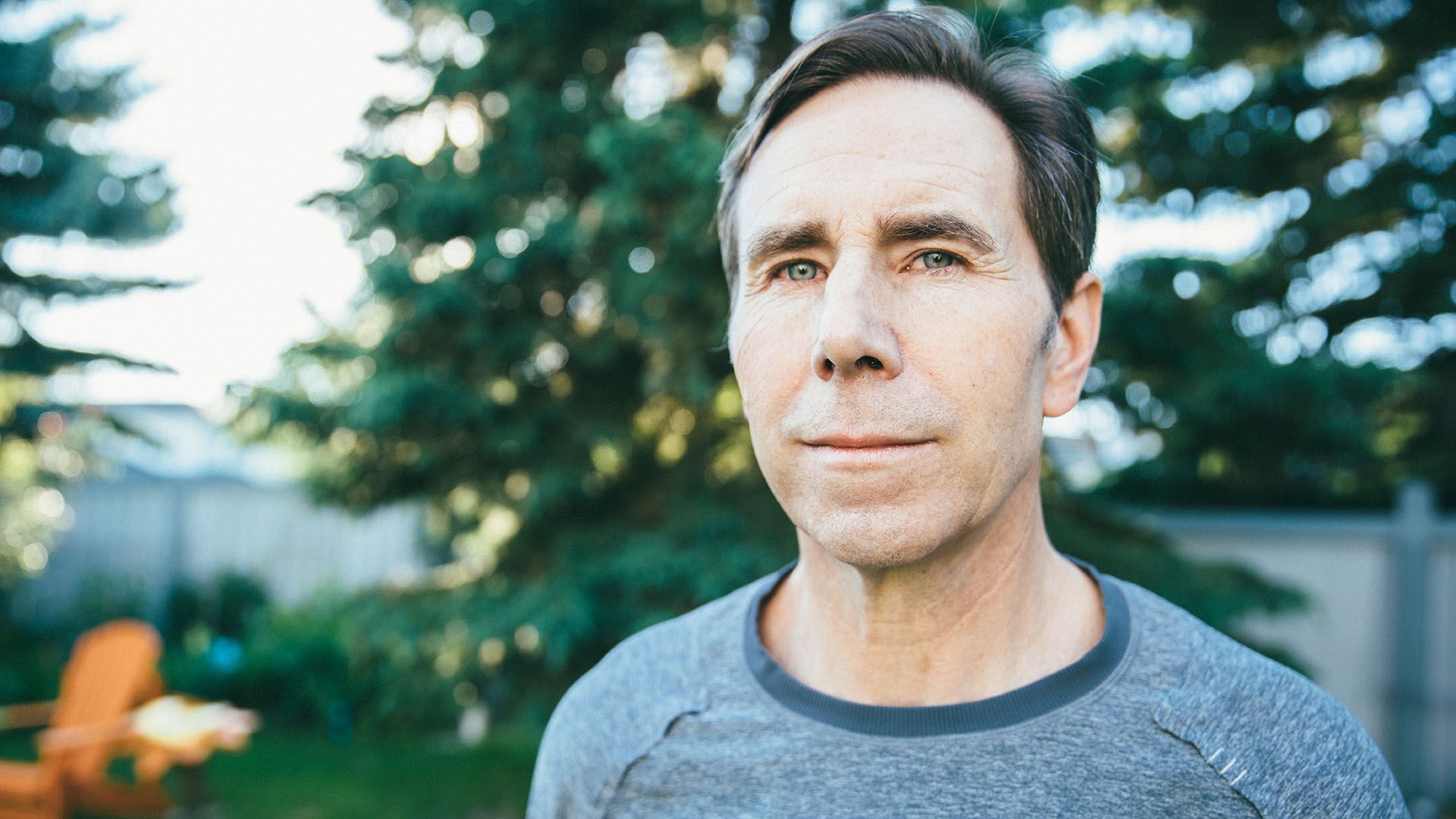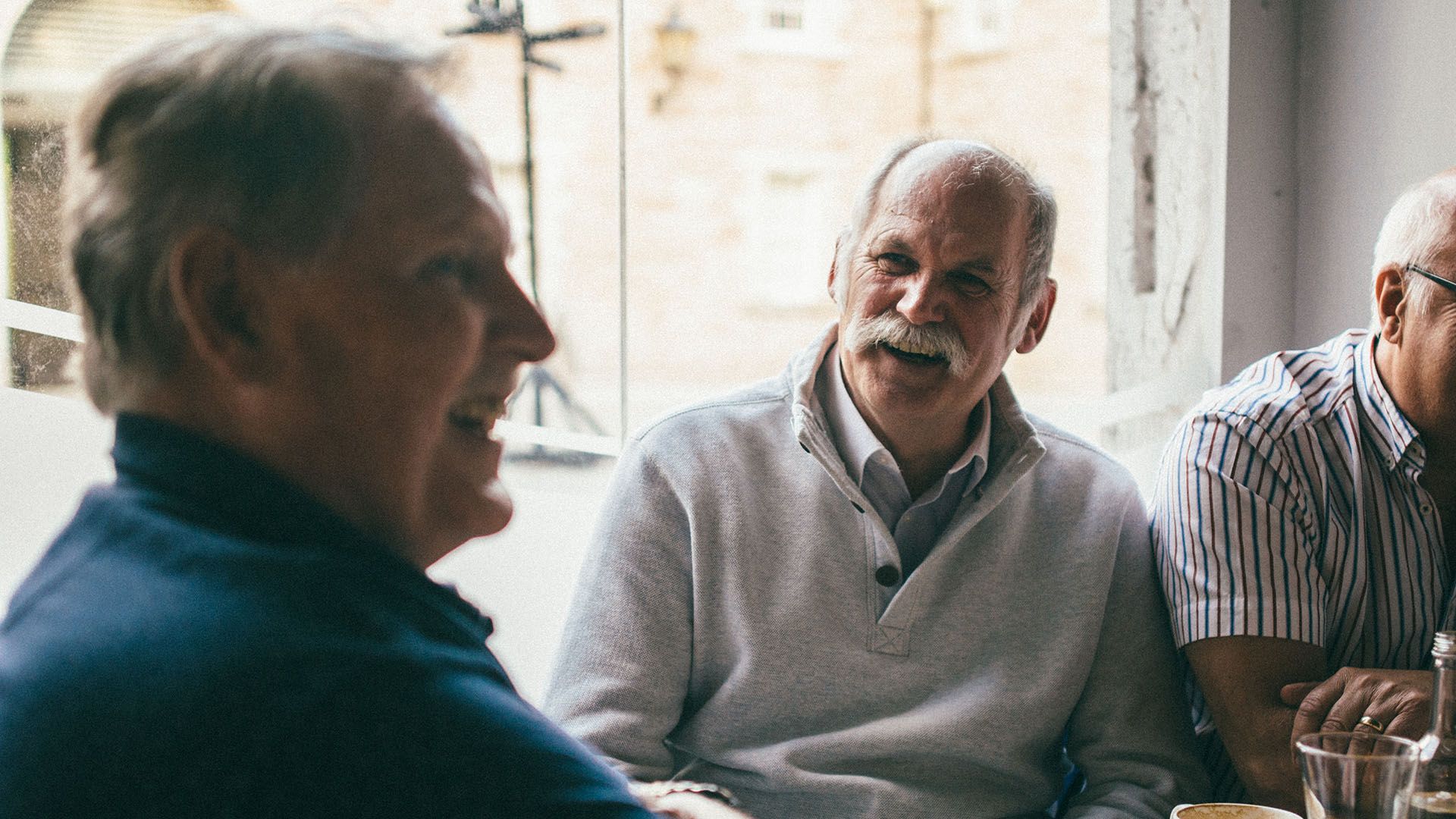
What causes prostate cancer?
More than 1.4 million men are diagnosed each year with prostate cancer, and many more are living with the disease. So how much do we know about one of the most common cancers in the world? The answer may surprise you.
What causes prostate cancer?
More than 1.4 million men around the world are diagnosed with prostate cancer each year. Yet many people are surprised to learn that the exact cause of prostate cancer isn’t fully understood.
Thankfully, decades of hard work by countless researchers mean we’ve got a good idea of what the risk factors are. We’ve also got a much better understanding of what can help reduce the risk.
Unfortunately, we can’t definitively say what causes prostate cancer. But we do know that things like age, genetics, and lifestyle have a lot to do with whether a man will have a prostate cancer diagnosis.

What are the risk factors of prostate cancer?
We don’t know the exact cause of prostate cancer. We do, however, know quite a lot about who is most at risk. The most common prostate cancer risk factors are:
Age
Prostate cancer is very common in older men. As you get older, the risk of developing prostate cancer increases. It’s why most men should have a conversation with their doctor about screening once they reach 50.
Family history
Men with a family history of prostate cancer – in particular, a father, brother or uncle with prostate cancer – have a higher risk. A strong family history of breast cancer and/or ovarian cancer can also be linked with a higher risk. Research is ongoing into other genetic factors too, but the link here is less clear. Men with the kind of family history mentioned above should start talking to their doctor from age 40. The recommendation age at which to get tested varies by country.
Race/ancestry
Black men and men with African ancestry should have conversations with their doctor about prostate cancer and screening from the age of 40, while it’s 50 for other men. Again, the recommendation for when to get tested can vary by country, so talk to your doctor about what’s best for you.
Diet and lifestyle
The connection between diet, lifestyle and prostate cancer is not fully understood. However, a healthy lifestyle that includes a balanced diet and regular exercise can help reduce some of the risk. There’s also some evidence that suggests exposure to some chemicals may be a factor, but more research is needed.
Can prostate cancer be prevented?
There’s no guaranteed way to prevent prostate cancer. However, an active and healthy lifestyle may help reduce the risk. Here are some of the most common lifestyle choices that may help with reducing the risk of prostate cancer.
Eat a healthy diet. Try to stick to recommended food guidelines. Eat more fruit and vegetables, whole grains, and lean proteins, and less processed food. Consider drinking less alcohol too.
Do regular exercise. Staying active is good for you. Exercise improves not only your physical health, but also helps with your general wellbeing. Aim for at least three hours a week.
Most importantly, understand your risk of prostate cancer. That means making time to talk to your doctor, understanding risk factors, and, if recommended, going through with any testing.

Myths about prostate cancer
Along with knowing what might help reduce the risk of prostate cancer, it’s also important to know about unhelpful misinformation. Here are some of the most common prostate cancer myths:
Myth 1: Sex or masturbation causes prostate cancer
Just no. There’s zero evidence that suggests sexual activity – including how often you ejaculate – increases the risk of prostate cancer.
To put it plainly: a healthy sex life is good for you.
Myth 2: Prostate cancer surgery will end your sex life
Most men who undergo treatment for prostate cancer (including surgery) experience a change to their sex life. Often, getting or maintaining an erection can be difficult. Recovery depends on how things were working before treatment, how aggressive the cancer is, and the specific type of treatment. With the right rehabilitation after treatment, and with enough recovery time, many men find they can have erections again.
Myth 3: Getting treated for prostate cancer will make you incontinent
Urinary incontinence is when you don’t mean to leak pee. And yes, prostate cancer treatment can affect how the body stores urine. This is usually short-term, and your doctor or nurse will help you manage it. The right preparation, rehabilitation and recovery time can all help in the long term.
Myth 4: An enlarged prostate always means you have prostate cancer
An enlarged prostate can be caused by many different things. To be clear: an enlarged prostate does not automatically mean you have prostate cancer. Your doctor is the best person to talk about what this means and what to do next.
Myth 5: A high PSA count means you have prostate cancer
As with an enlarged prostate, a high PSA level could mean several things. Again, your doctor is the most qualified person here. Talk to them, make sure you understand your PSA results, and listen to their advice.
